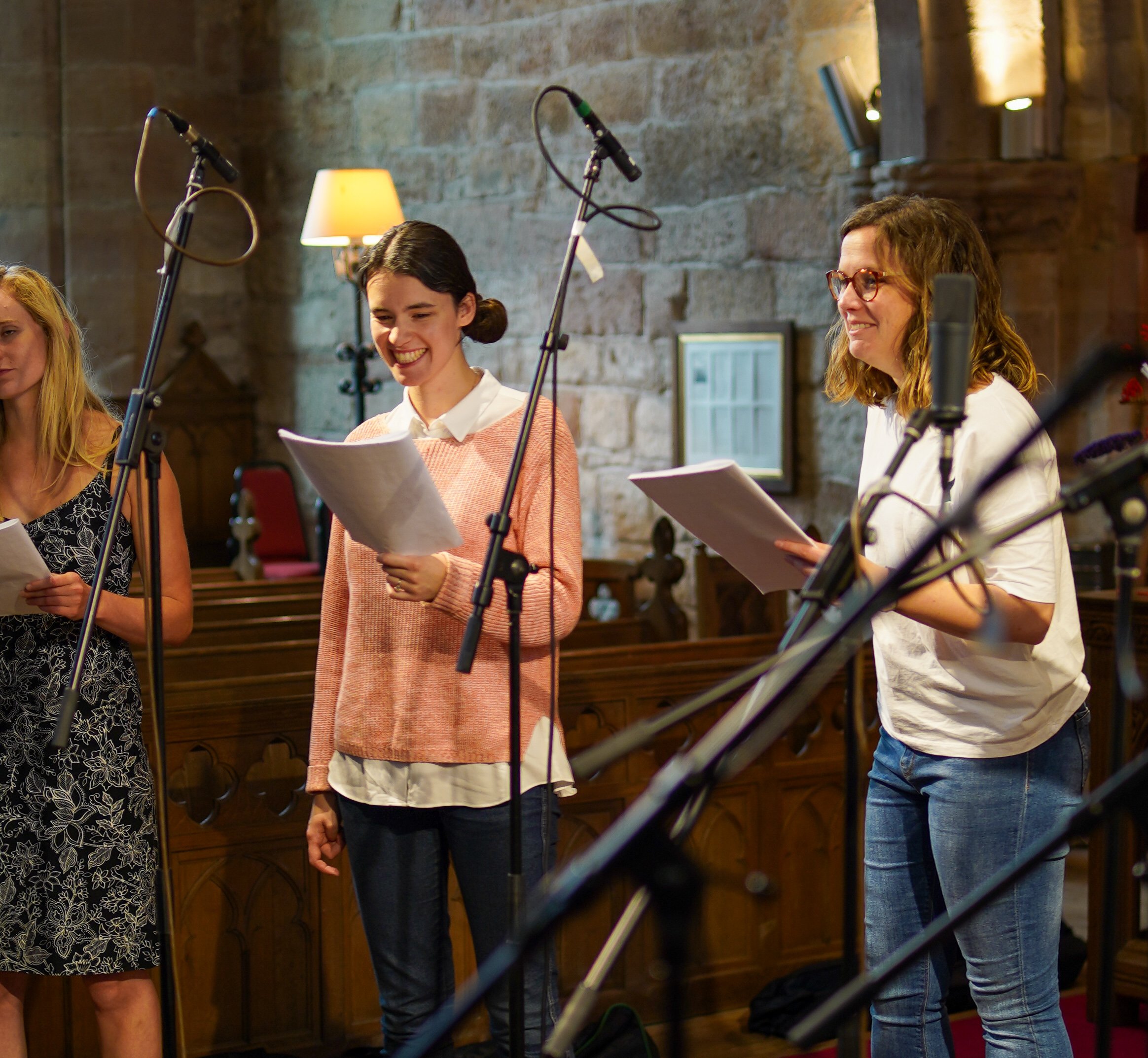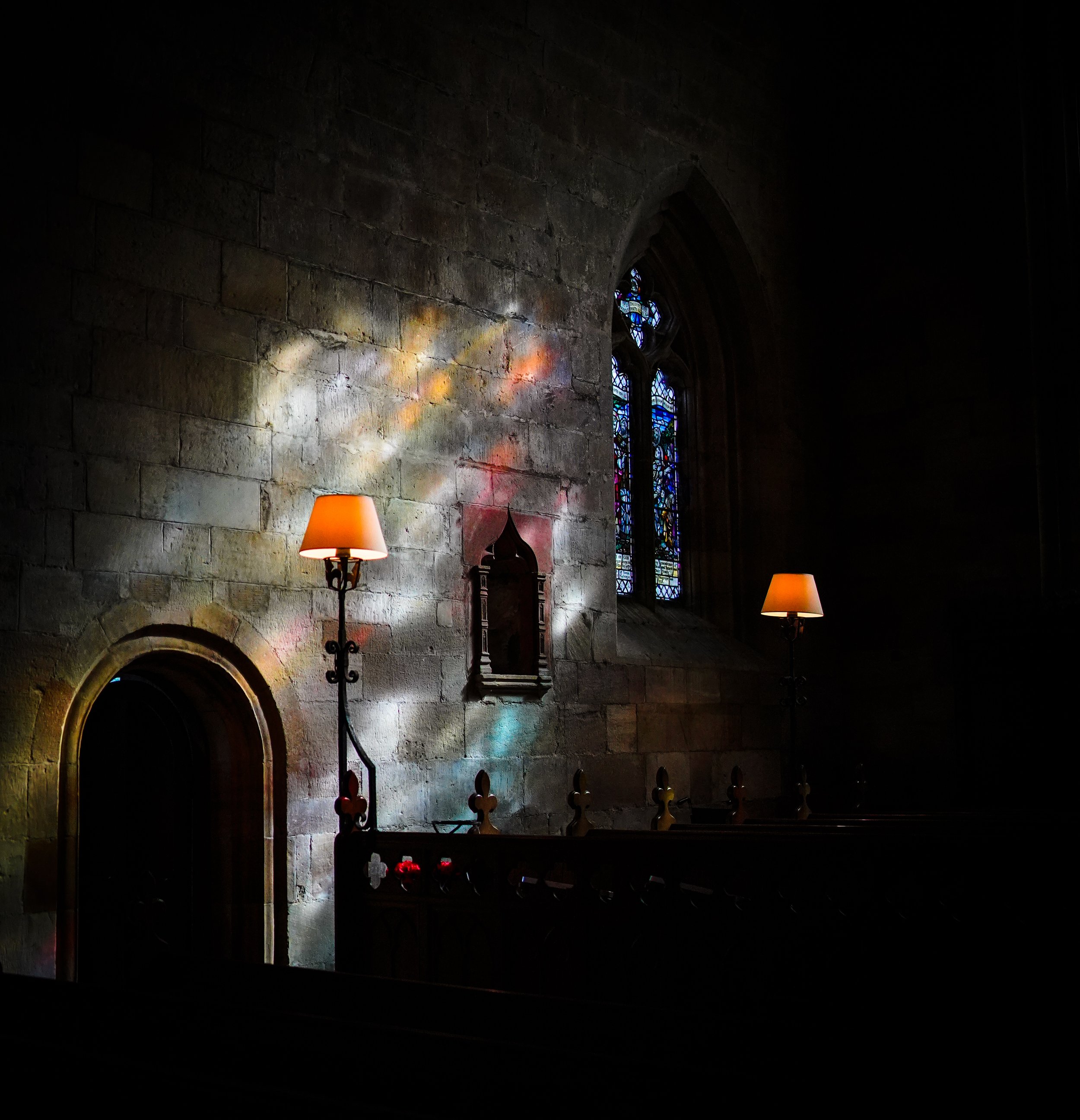Reviews
"this is an exquisite release of profound music, superbly sung" The Herald
"McCleery’s band of singers offer a sublime homogeneity offset by sharpened individuality among the voices, never to the point of abrasiveness, but just enough to inject a telling fragility into music that once had to be sung while watching one’s back." The Scotsman
"The thing that hits you instantly is the special sound of the group, which is soft-edged and warm... But this warmth doesn’t compromise the clarity of the sound, which is vital in music made of such subtle woven filigree. ★★★★★ " The Daily Telegraph






